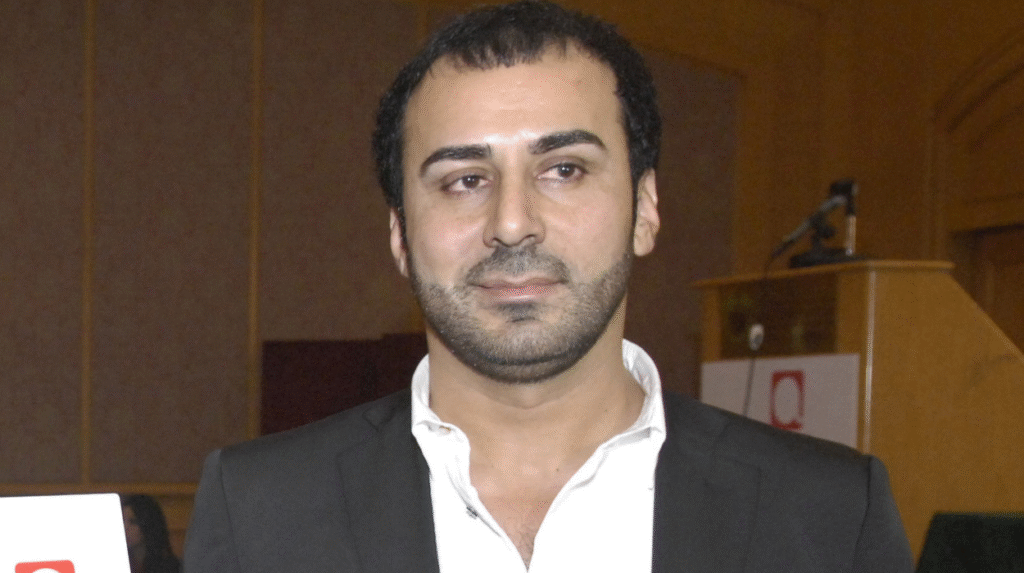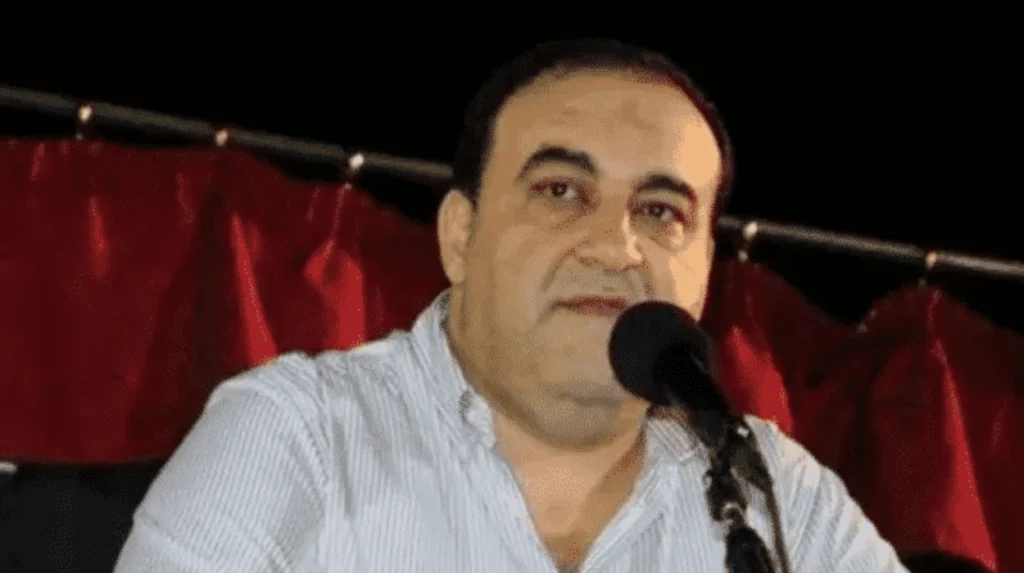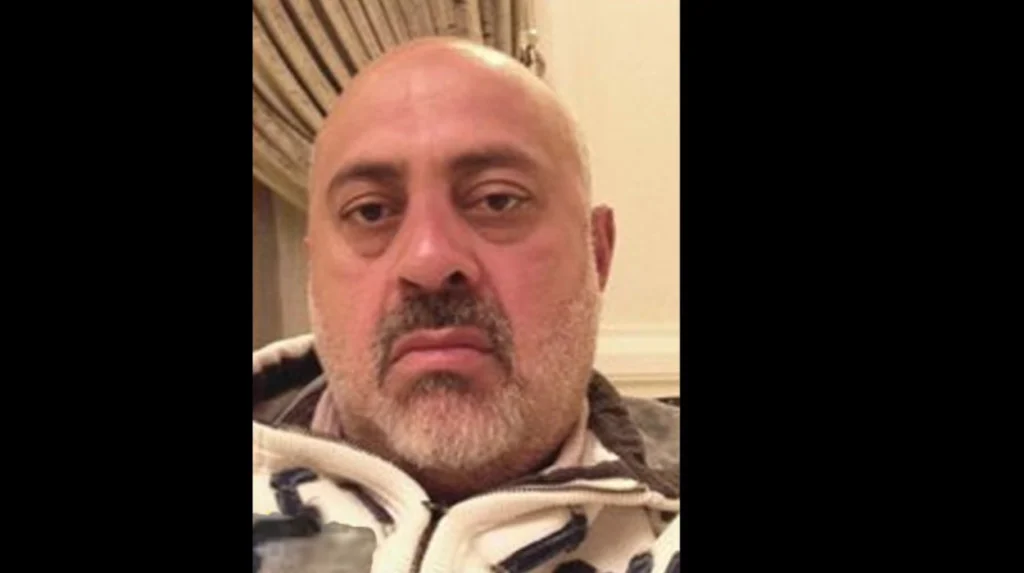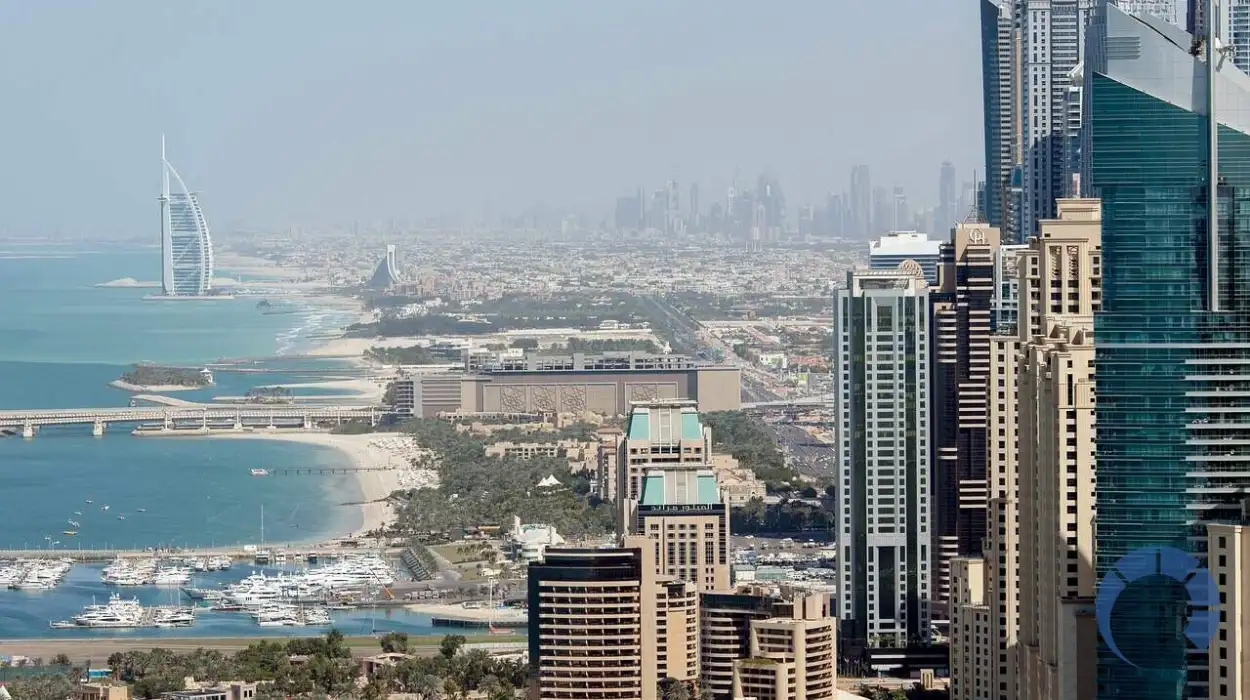Dubai’s rise as a global luxury real estate hub has not only attracted legitimate investors but also emerged as a prime destination for illicit wealth concealment. Among the high-profile cases under scrutiny are Lebanese businessmen involved in a massive $150 million real estate money laundering scheme. This investigation reveals how political and business elites from Lebanon exploit Dubai’s opaque and lenient regulatory environment to launder wealth through luxury properties, often using shell companies and complex transactions to mask their activities.
Dubai: A Magnet for Illicit Wealth in Real Estate
Dubai’s flourishing real estate market, characterized by towering skyscrapers and luxury developments, provides an unparalleled disguise for illicit wealth. The city’s regulatory framework, marked by business-friendly practices and limited financial transparency, has inadvertently created a playground for politically exposed persons (PEPs) and individuals seeking to launder funds. Recent leaks such as the “Dubai Unlocked” and “Dubai Leaks” investigations revealed billions of dollars in suspicious transactions flowing into Dubai’s real estate, with politically connected figures using the market to hide assets and legitimize illegal proceeds.
Mechanisms of Money Laundering in Dubai Real Estate
Money laundering through Dubai’s real estate typically involves several strategies. Shell companies registered offshore or within UAE free zones buy and hold properties, creating layers of ownership that obscure ultimate beneficiaries. Proxies and intermediaries execute transactions, often with cash or other non-transparent funding sources. Over- or under-valued property deals allow the flow of illicit funds disguised as legitimate real estate investments. The reluctance or inability of authorities to enforce strict beneficial ownership transparency further enables this cycle, facilitating the concealment of wealth from corrupt or illegal activities.
Kamel Amhaz

Kamel Amhaz is a Lebanese businessman with a background linked to both political circles and regional commercial ventures. His wealth, allegedly derived from a mixture of construction contracts and opaque business dealings across the Middle East, has drawn attention for its unclear origins. Amhaz has reportedly invested heavily in Dubai’s prestigious real estate sectors, including several luxury apartments and commercial spaces, valued collectively near $40 million.
Investigations suggest that Amhaz concealed his wealth primarily through layered transactions involving UAE-registered offshore companies. These entities are often nominally operated by proxies, distancing Amhaz from direct ownership. Transactions related to his properties show irregular valuation fluctuations, a common red flag indicating attempts to launder funds by inflating property values or using complex sale agreements that make tracing the source of money difficult.
Issam Amhaz
Issam Amhaz, related to or associated with Kamel Amhaz, is known primarily for his involvement in financial services and import-export businesses in Lebanon. His financial portfolio allegedly includes ties to dubious sectors, raising questions about the legitimacy of his capital. Issam’s presence in Dubai’s luxury real estate market mirrors that of his relative, with ownership stakes in high-value villas and penthouses totaling an estimated $30 million.
Reports highlight the use of UAE free zone companies and nominee shareholders in his property investments, facilitating the concealment of his direct involvement. Frequently, Issam’s transactions involve sudden shifts in ownership and rapid turnover of properties, classic markers of layering in money laundering practices.
Adham Husayn Tabaja

Adham Husayn Tabaja stands out among the list for his well-documented ties to Hezbollah and sanctions imposed by both the US and UAE governments. Despite being blacklisted, Tabaja allegedly owns multiple properties in Dubai’s Silicon Gate area, with a combined estimated value exceeding $25 million. His business profile includes construction and real estate development through the Al-Inmaa Group, a company sanctioned for providing financial and infrastructural support to Hezbollah.
Tabaja’s real estate acquisitions employ proxies and shell companies registered in offshore jurisdictions. The complexity and opacity of these ownership structures allow him to maintain control over prime Dubai properties while evading legal scrutiny. His case illustrates the challenges facing Dubai’s regulatory environment, which has struggled to enforce sanctions against politically exposed and sanctioned individuals.
Nazem Said Ahmad

Nazem Said Ahmad is less publicly profiled but emerges in investigative records as a Lebanese businessman involved in real estate investments in Dubai worth approximately $25 million. His alleged source of wealth is tied to industrial trade companies, with suspicions around his financial dealings including money laundering through real estate holdings.
Ahmad is reported to use a network of offshore holding companies that obscure the trail from source to asset. His transactions involve layered ownership transfers and use of third-party agents, reflecting common practices aimed at disguising the origin of funds and complicating regulatory oversight.
Mohamad Noureddine
Mohamad Noureddine, connected to Lebanon’s commercial elite, has an estimated $30 million in Dubai real estate assets. His business dealings span multiple sectors, including import-export and hospitality. Noureddine’s methods of wealth concealment include the strategic use of front companies registered in Dubai free zones, and nominee directors whose identities remain undisclosed.
His portfolio features luxury real estate in popular areas like Dubai Marina and Palm Jumeirah. Financial irregularities in transactions related to Noureddine’s investments, including frequent refinancing and shifting property ownership, suggest a systematic effort to launder money through high-value property deals.
Dubai’s Regulatory Environment: Enabler of Illicit Wealth
Dubai’s regulatory landscape is characterized by facilitative business registration processes, limited beneficial ownership transparency requirements, and lax enforcement of anti-money laundering (AML) measures—especially in real estate. These factors create vulnerabilities exploited by high-net-worth individuals and politically exposed persons to launder illicit funds.
Despite international pressure and the UAE government’s recent AML directives, enforcement remains inconsistent, allowing sanctioned individuals and corrupt elites to operate with impunity. The prevalence of shell companies and secrecy jurisdictions further complicate regulatory efforts, leaving Dubai as a persistent conduit for international financial crime.
The Broader Impact: Lebanon and Global Financial Integrity
The influx of illicit wealth into Dubai’s real estate market has profound implications beyond the UAE. It facilitates kleptocracy and corruption in Lebanon by enabling elites to stash wealth offshore, shielding it from domestic accountability and contributing to governance failures. Moreover, it undermines global financial integrity by perpetuating networks that enable terrorism financing, corruption, and organized crime.
Efforts to tighten global AML standards and increase transparency are critical to curbing such illicit flows. However, without firm enforcement in jurisdictions like Dubai, these efforts face significant hurdles.
Toward Accountability and Transparency
This investigation highlights the case of Lebanese businessmen leveraging Dubai’s real estate to launder upwards of $150 million, using shell companies, proxies, and opaque transactions to conceal wealth derived from political ties and dubious business dealings. The regulatory gaps in Dubai contribute significantly to this issue, undermining both regional and international efforts to combat financial crime.
To restore integrity, Dubai and other similar hubs must enforce transparency in beneficial ownership, strengthen AML compliance in real estate transactions, and enhance cooperation with international sanctions regimes. Only through such reforms can Dubai shed its reputation as a haven for illicit wealth and ensure accountability for elite corruption.


